1. All in the Family
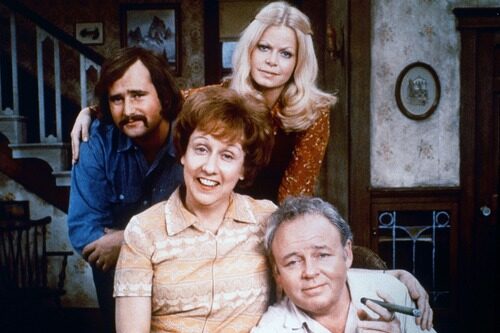
When All in the Family hit the airwaves in the ’70s, it completely changed what sitcoms could talk about. Archie Bunker, played by Carroll O’Connor, was loud, opinionated, and unfiltered, tackling racism, sexism, and politics in ways that made audiences both laugh and squirm. The show didn’t just flirt with controversy—it dove in headfirst, addressing everything from the Vietnam War to LGBTQ+ issues. Some people found it refreshing, while others were deeply offended by Archie’s bigoted remarks, even though the show was using satire to challenge those very views. It wasn’t afraid to bring up real-life struggles, like Edith’s assault or Mike and Gloria’s crumbling marriage, which wasn’t common for sitcoms back then. Even now, some of its episodes feel shockingly raw, proving just how ahead of its time it was says Los Angeles Times.
Norman Lear, the mastermind behind the show, wanted to spark conversations, and boy, did he succeed. The infamous “Sammy Davis Jr. kiss” episode alone had viewers talking for weeks. It also introduced one of TV’s first openly gay characters, which was groundbreaking for the time. Though Archie was the star, it was often the more progressive characters, like Mike and Gloria, who pointed out his flaws. But Lear was smart—he made Archie lovable despite his flaws, making people question whether they saw a bit of themselves in him. It wasn’t just a sitcom; it was a cultural reckoning. And even now, decades later, its influence can still be felt in modern television.
2. M*A*S*H
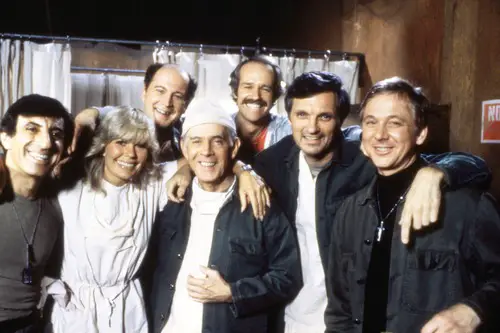
At first glance, M*A*S*H seemed like just another war comedy, but it quickly became one of the most subversive and emotional shows of its era. Set during the Korean War but heavily influenced by the Vietnam War, it wasn’t afraid to challenge the military, government, and even the very idea of war itself. Hawkeye Pierce, played by Alan Alda, was a sarcastic yet deeply compassionate doctor who made it clear that war was anything but glorious. The show tackled everything from PTSD to sexual harassment to the treatment of wounded soldiers, often mixing humor with gut-wrenching drama explains USA Today. It blurred the line between comedy and tragedy so well that one episode could have you laughing out loud and crying minutes later.
But what really made M*A*S*H controversial was its anti-war stance, which didn’t sit well with everyone in a post-Vietnam America. The series finale, “Goodbye, Farewell and Amen,” remains one of the most-watched episodes in television history, proving just how deeply it resonated with audiences. It also didn’t shy away from difficult storylines, like the time Hawkeye suffered a mental breakdown after witnessing a woman smother her baby to keep it from crying. The show constantly pushed boundaries, proving that a sitcom could be more than just jokes—it could challenge people’s beliefs. Even today, MASH* is considered one of the greatest TV shows of all time, and its themes still feel as relevant as ever.
3. Maude
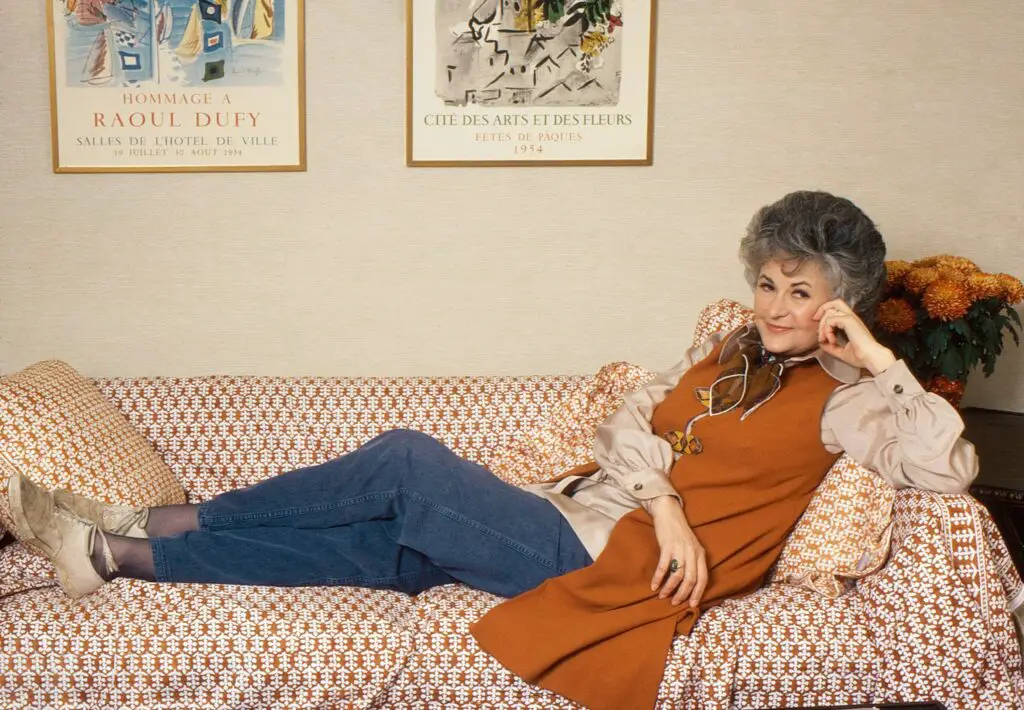
Maude was another Norman Lear creation that ruffled plenty of feathers, thanks to its fearless lead character. Bea Arthur played Maude Findlay, a sharp-tongued, unapologetically liberal woman who wasn’t afraid to speak her mind. She was the polar opposite of Archie Bunker, and that’s what made her so polarizing. The show tackled everything from feminism to divorce to aging, but nothing caused more controversy than its two-part abortion episode. Maude, at 47, found herself unexpectedly pregnant and ultimately decided to terminate the pregnancy—a storyline that aired just months before Roe v. Wade was decided says the Laughing Place.
The backlash was immediate, with some stations refusing to air the episodes and conservative groups demanding boycotts. But Maude didn’t back down, continuing to address hot-button issues like alcoholism, domestic abuse, and mental health. While some viewers saw Maude as a feminist icon, others saw her as too brash and opinionated. But that was the beauty of the show—it wasn’t trying to make everyone comfortable. It wanted to start conversations, and it absolutely succeeded. It paved the way for more complex female characters on television, proving that women could be just as bold and flawed as their male counterparts.
4. Soap
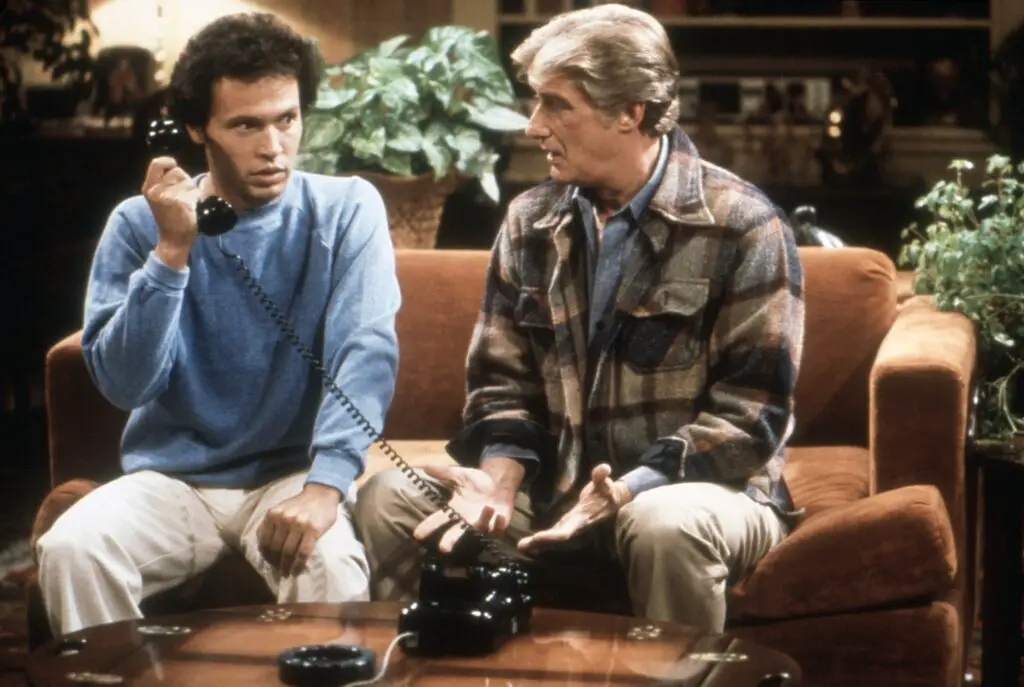
Soap was pure chaos in the best way possible, blending over-the-top soap opera tropes with sharp comedy. But what really made it controversial was its portrayal of LGBTQ+ characters, specifically Jodie Dallas, played by Billy Crystal. Jodie was one of the first openly gay characters on primetime television, which sparked outrage from conservative audiences. Some advertisers even pulled out, fearing backlash from viewers who weren’t ready to see a gay man treated as a fully fleshed-out character. But Jodie wasn’t just a token character—he had his own struggles, relationships, and growth, making him one of the most groundbreaking LGBTQ+ characters in TV history.
Aside from Jodie’s storyline, Soap pushed boundaries with its discussions of infidelity, mental illness, and even demonic possession. The show had a little bit of everything, and that’s what made it so addictive. But it was also too much for some people, leading to protests and calls for cancellation. Despite all the controversy, it ran for four seasons and developed a cult following. Looking back, it’s clear that Soap was way ahead of its time, paving the way for more inclusive storytelling on TV.
5. The Smothers Brothers Comedy Hour
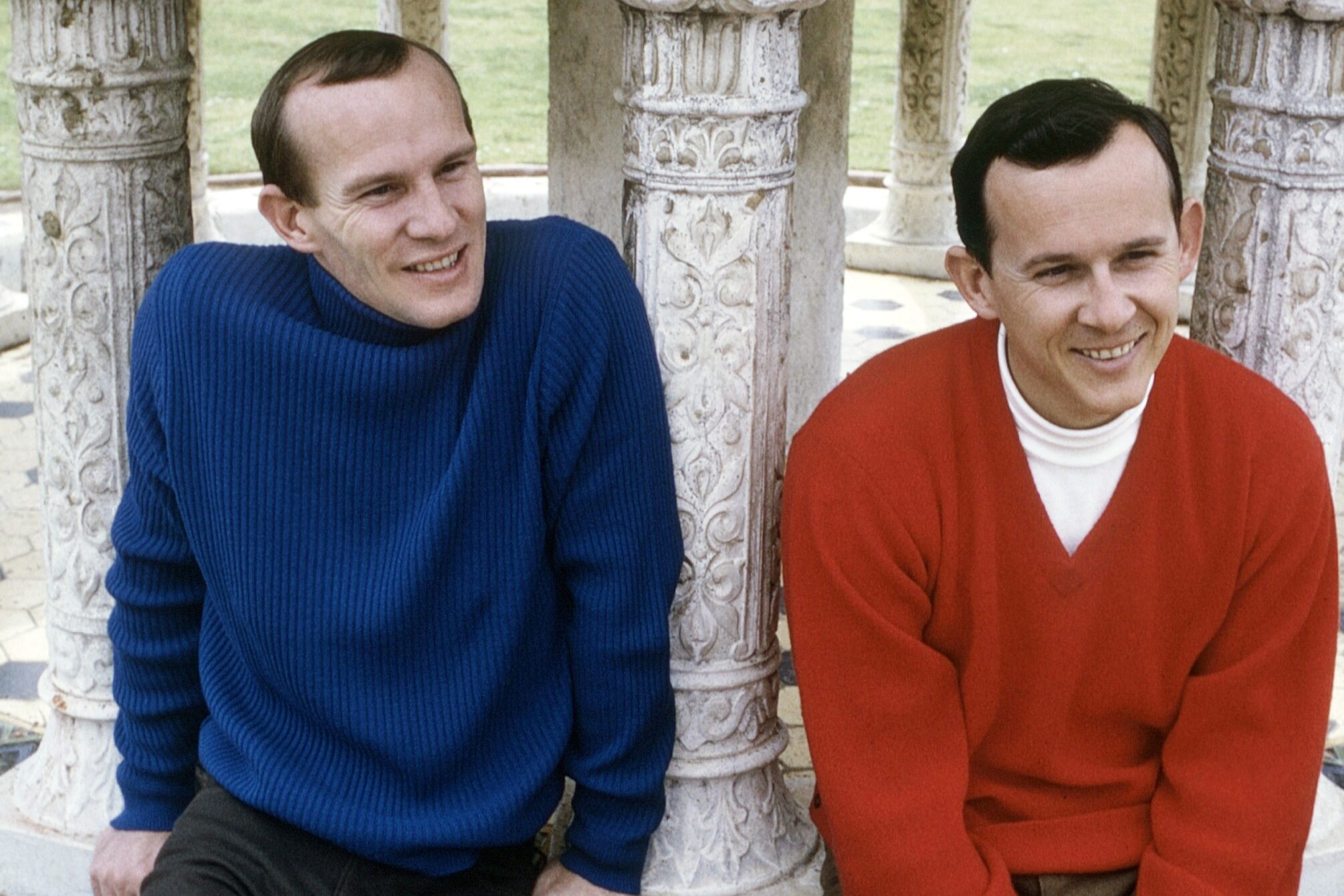
In a decade where political correctness was virtually nonexistent, The Smothers Brothers Comedy Hour took full advantage, making waves with its satirical humor and progressive stances. The show’s blend of sketch comedy, music, and satire not only got laughs but also tackled serious issues like the Vietnam War, civil rights, and the counterculture movement. The brothers, Tommy and Dick Smothers, were fearless in their political commentary, often challenging the establishment and poking fun at conservative values. The network didn’t always appreciate it, and the brothers’ frequent clashes with CBS over censorship ultimately led to the show’s cancellation.
But the show wasn’t just controversial because of its politics. It also gave air time to performers like Bob Dylan, Joan Baez, and George Carlin, whose performances were often considered too radical for mainstream audiences. It was a perfect storm of cutting-edge comedy and social commentary that made it a cultural lightning rod. For all its clashes with the network, The Smothers Brothers Comedy Hour proved that comedy could be a powerful vehicle for political change, inspiring future generations of comedians to tackle tough subjects head-on.
6. Rowan & Martin’s Laugh-In

If The Smothers Brothers Comedy Hour was a political grenade, Rowan & Martin’s Laugh-In was a full-on fireworks display of chaos, satire, and rapid-fire comedy. Airing in the late ‘60s and early ‘70s, the show didn’t just push boundaries—it practically ran them over. With its psychedelic visuals, absurdist humor, and bold political jokes, it captured the rebellious spirit of the era. It took jabs at everything: Vietnam, civil rights, feminism, and even Richard Nixon, who famously appeared on the show to say, “Sock it to me?”—proving just how influential it had become.
The show was a hit with young audiences but drove more conservative viewers up the wall. Some critics dismissed it as too radical, too weird, or just too fast-paced to be taken seriously. But its breakneck speed was part of its charm, paving the way for future sketch comedy shows like Saturday Night Live. It also gave major screen time to women in comedy, like Goldie Hawn and Lily Tomlin, who delivered biting satire with a smile. Despite the controversy, Laugh-In was undeniably ahead of its time, proving that comedy could be political, bizarre, and completely unpredictable all at once.
7. Three’s Company
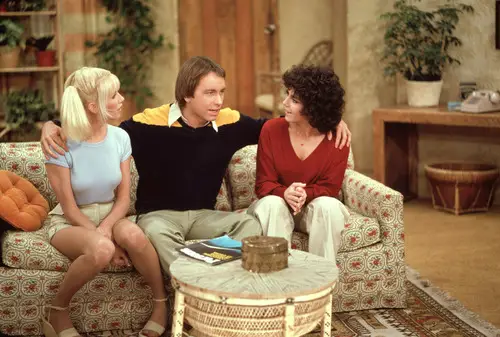
At first glance, Three’s Company seemed like just another goofy sitcom, but it sparked major controversy thanks to its risqué premise. The show followed Jack Tripper, played by John Ritter, who pretended to be gay so he could live with two female roommates without raising eyebrows from their landlord. In the ‘70s, the idea of a straight man pretending to be gay for laughs didn’t sit well with LGBTQ+ advocates, while conservative audiences were equally outraged by the show’s suggestive humor and co-ed living situation.
Despite (or perhaps because of) the controversy, the show was wildly successful, running for eight seasons and becoming a cultural phenomenon. It pushed boundaries by openly discussing sexuality, relationships, and gender roles in a way that few sitcoms had before. Jack’s constant misunderstandings and slapstick comedy kept things light, but underneath, the show was challenging outdated social norms. While some of its jokes haven’t aged well, Three’s Company was undeniably groundbreaking for its time, opening the door for more nuanced portrayals of LGBTQ+ characters in the years that followed.
8. The Mary Tyler Moore Show
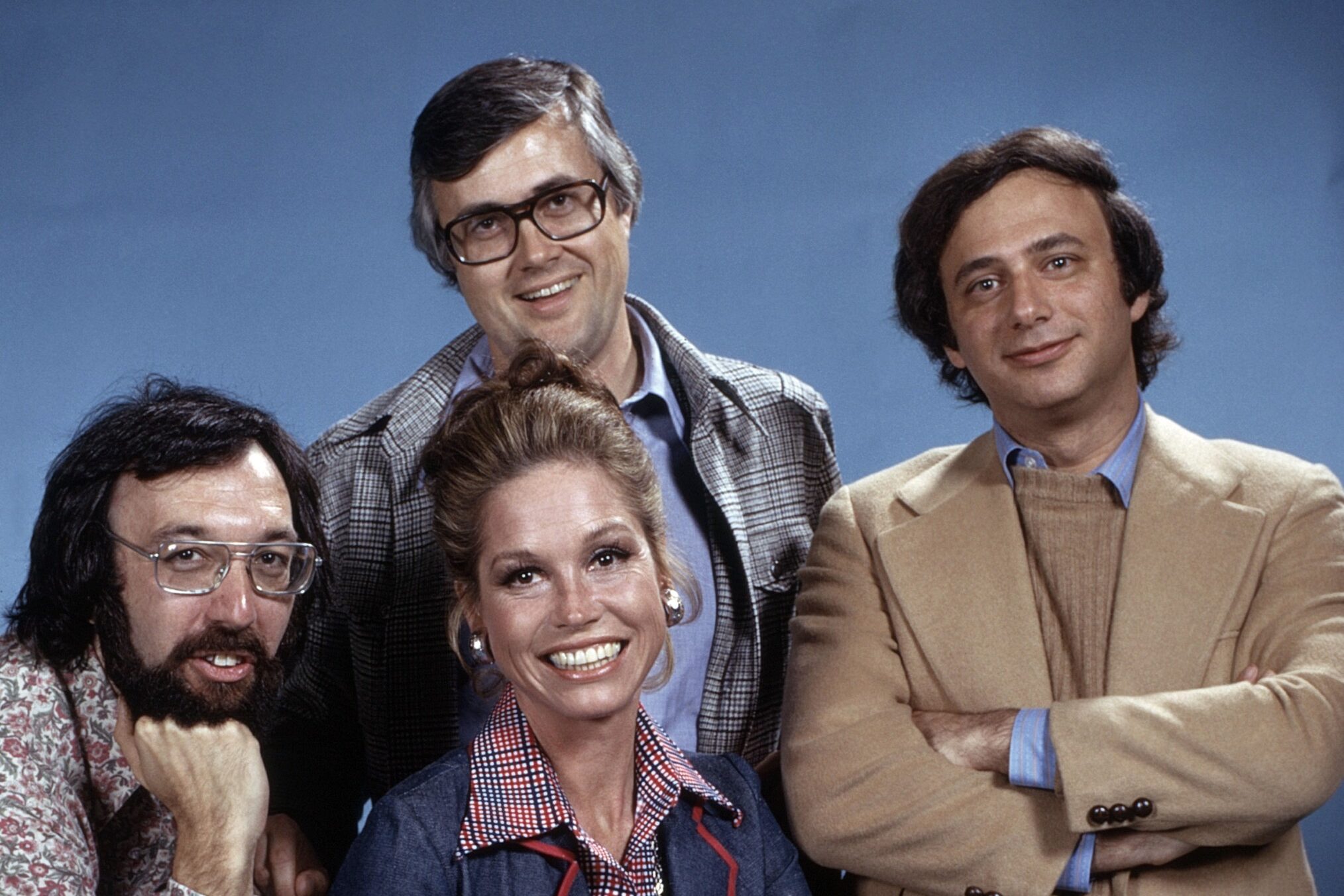
It might seem tame by today’s standards, but The Mary Tyler Moore Show was revolutionary for its portrayal of an independent, single career woman. In the early ‘70s, Mary Richards was unlike most female TV characters—she wasn’t a housewife, she didn’t have a husband or kids, and she wasn’t desperately searching for a man. Instead, she was focused on her career in a male-dominated newsroom, dealing with sexism, workplace politics, and the struggles of being a woman trying to make it on her own.
This didn’t sit well with more traditional viewers who believed a woman’s place was in the home. Some advertisers even pulled out, fearing the show was “too feminist” for mainstream audiences. But Mary Tyler Moore and her brilliant ensemble cast proved that women’s stories were just as compelling as men’s. The show tackled birth control, equal pay, and even hinted at the idea that Mary was sexually active—something almost unheard of for a single female lead at the time. It paved the way for future female-led sitcoms, making it one of the most quietly controversial yet deeply impactful shows of its era.
9. The Jeffersons
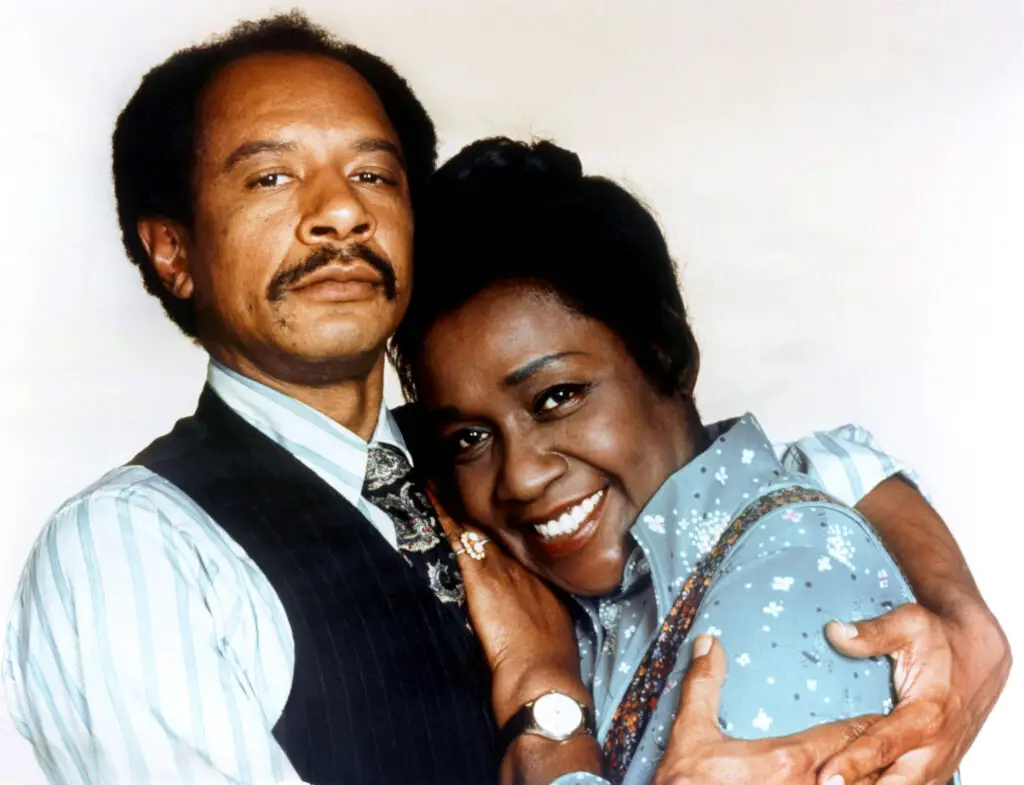
Spinning off from All in the Family, The Jeffersons flipped the script by focusing on a successful Black family moving into an upscale, predominantly white neighborhood. George Jefferson was like the Black counterpart to Archie Bunker—opinionated, brash, and unafraid to speak his mind. The show tackled race relations head-on, addressing everything from interracial marriage to systemic racism, all while delivering sharp, unforgettable comedy.
But some audiences weren’t ready for a show that put a wealthy Black family front and center, especially one that didn’t shy away from calling out racial injustices. The character of Florence, the wisecracking maid, also sparked debate about racial stereotypes, while George’s constant insults towards his white neighbor, Tom, flipped traditional racial dynamics in a way that some found uncomfortable. But The Jeffersons wasn’t about playing it safe—it was about breaking barriers. It proved that Black-led sitcoms could be just as successful as their white counterparts, paving the way for future shows like The Fresh Prince of Bel-Air and Black-ish.
10. Good Times
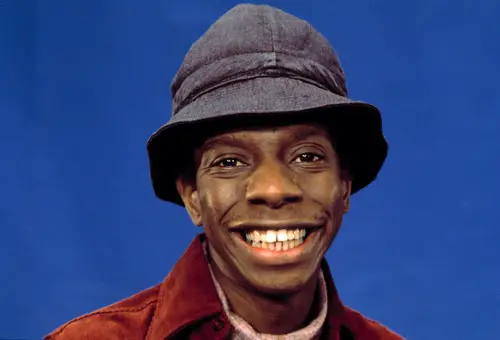
As the first sitcom centered entirely around a Black family, Good Times was both groundbreaking and controversial. It followed the Evans family, who lived in a Chicago housing project, struggling to make ends meet while dealing with real-life issues like poverty, racism, and unemployment. Unlike most sitcoms of the time, Good Times didn’t sugarcoat the struggles of working-class Black Americans, making it one of the most socially relevant shows of the ‘70s.
However, as the show progressed, controversy arose over the character of J.J., played by Jimmie Walker. His over-the-top, catchphrase-driven persona (“Dy-no-mite!”) led some critics and even cast members to feel that the show was reinforcing negative stereotypes. Creator Norman Lear and actress Esther Rolle (who played Florida Evans) both expressed concerns that the show was veering too much into buffoonery. Despite the internal debates, Good Times made history by giving Black families a major presence on television, proving that their stories deserved to be told.
11. Charlie’s Angels

Charlie’s Angels was dismissed by critics as nothing more than “jiggle TV,” but it was also one of the most successful and controversial shows of its time. The premise—three beautiful women working as private detectives for a mysterious, unseen boss—was seen as both empowering and exploitative. On one hand, the Angels were strong, independent women who solved crimes and took down bad guys. On the other, they often did so while wearing revealing outfits, leading many feminists to accuse the show of objectifying women.
The debate over whether Charlie’s Angels was feminist or sexist raged throughout its run. Some viewers saw it as progressive, showing women in roles typically reserved for men, while others felt it relied too heavily on their looks to drive ratings. Regardless of the controversy, the show was a massive hit, proving that female-led action series could be just as successful as those starring men. And love it or hate it, Charlie’s Angels helped pave the way for future crime-fighting women on TV, from Cagney & Lacey to Buffy the Vampire Slayer.
12. Hill Street Blues
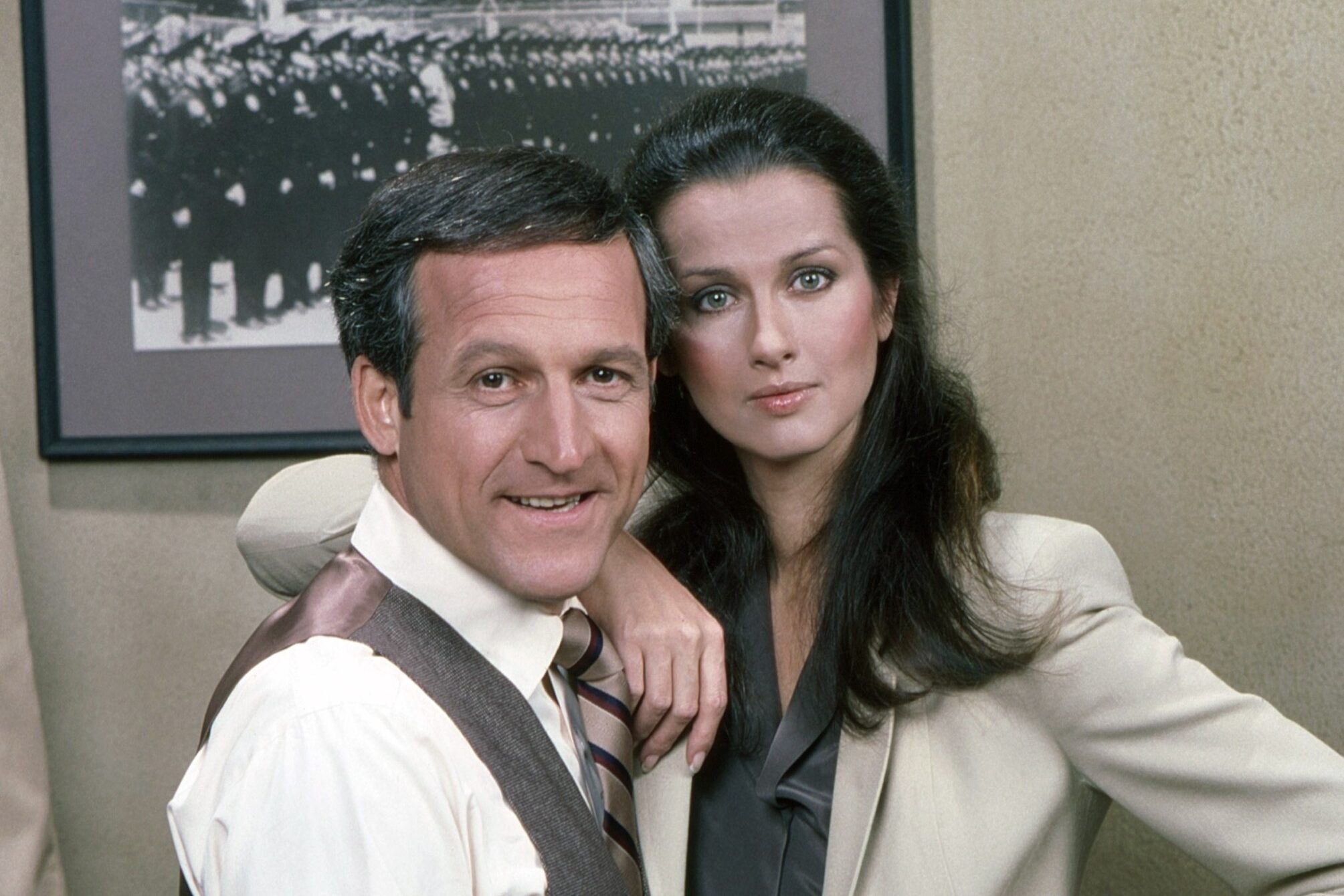
Before Hill Street Blues, cop shows were usually formulaic and simple, focusing on clear-cut good guys and bad guys. But Hill Street Blues changed the game by introducing complex characters, morally gray situations, and a gritty, realistic portrayal of urban life. Set in a fictional police precinct, the show tackled everything from drug addiction to corruption to racial tensions, often showing the messy, complicated side of law enforcement.
What made it controversial was its stark realism. It didn’t portray the police as all-knowing heroes but as flawed individuals trying to do their jobs in a tough environment. The show’s high level of drama and realism was a departure from the more formulaic shows of its time, sparking debates over its portrayal of law enforcement and the social issues it addressed. Despite the controversy, Hill Street Blues went on to become a critical darling, winning multiple awards and changing the way cop shows were made.
13. The X-Files
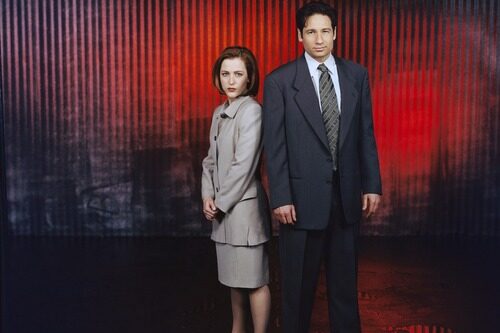
The X-Files pushed boundaries in its exploration of conspiracy theories, government cover-ups, and extraterrestrial life. With its combination of creepy, supernatural storylines and sharp character development, the show became a cultural phenomenon. What really made it controversial, though, were its conspiracy-laden plotlines, which suggested that the government was involved in secret projects to hide the truth about UFOs and aliens. The series made a massive cultural impact, challenging people to think critically about the world around them.
It wasn’t just the alien plotlines that made The X-Files controversial; it was also its dark, moody atmosphere, which set it apart from other primetime TV dramas. It made viewers question authority and the establishment in a way that hadn’t been done before. Some found its ideas unsettling, while others were captivated by the show’s complex storylines and morally ambiguous characters. No matter your take on it, The X-Files was a game-changer, inspiring future shows like Stranger Things and Fringe.
14. The Twilight Zone
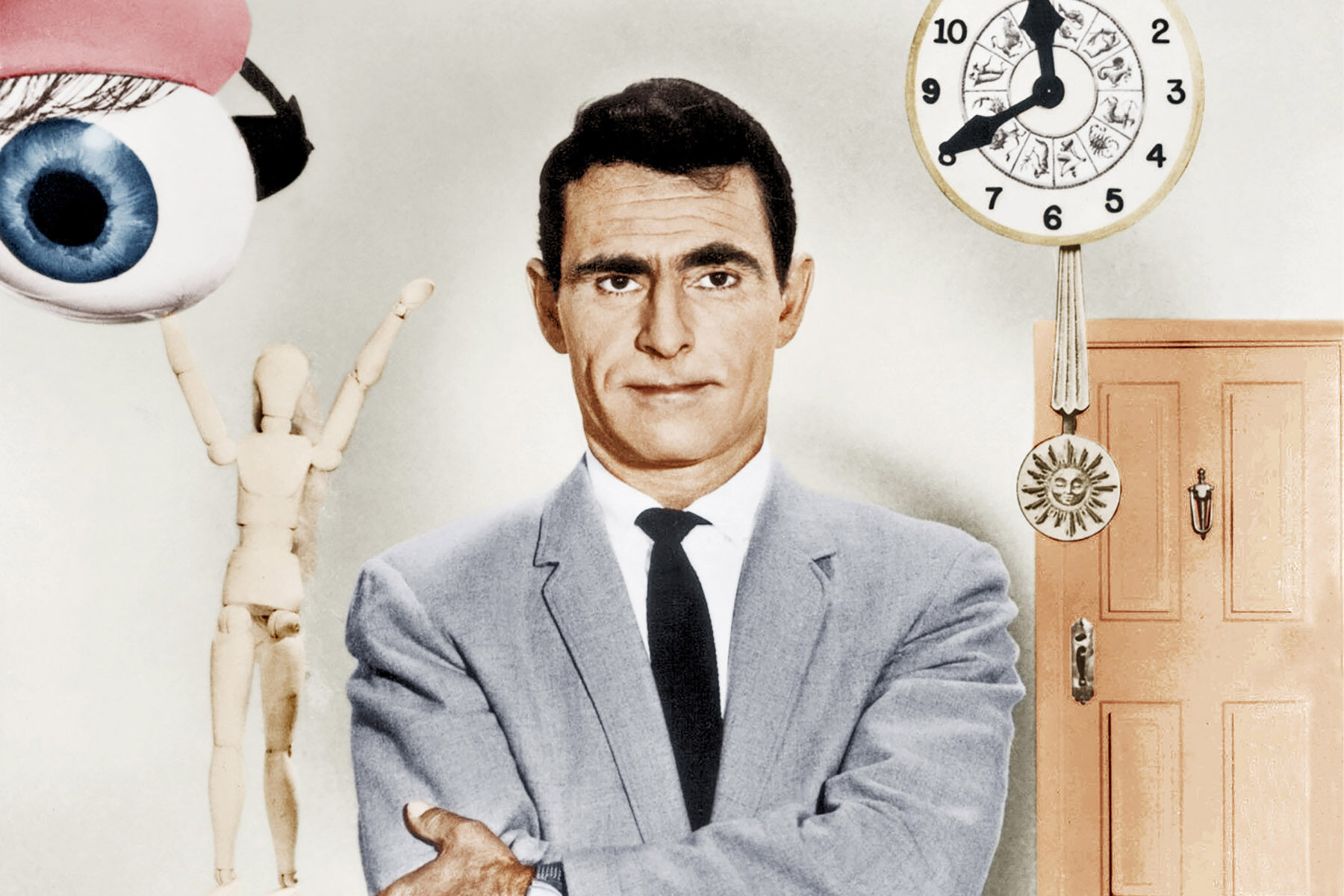
When The Twilight Zone first aired in the late ‘50s, it was considered an eerie, unpredictable journey into the unknown. What made it controversial was its willingness to explore social and political issues through sci-fi, often using allegory and symbolism to comment on racism, war, and the human condition. Episodes like “The Monsters Are Due on Maple Street” subtly critiqued the McCarthy era, showing how fear and paranoia can turn neighbors against one another.
Despite being a sci-fi anthology series, The Twilight Zone dealt with complex, timely issues like civil rights, conformity, and the dangers of unchecked power. It wasn’t afraid to disturb its audience, often leaving them with a haunting sense of unease. Even decades after it first aired, The Twilight Zone continues to inspire new generations of creators, proving that a show about the supernatural can still be a powerful tool for social commentary.
